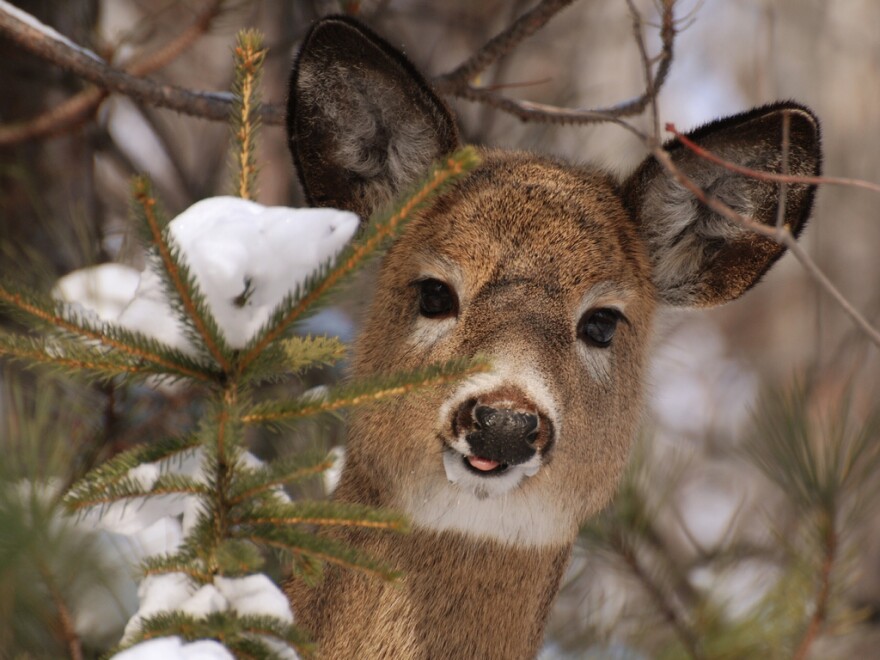The Connecticut Department of Energy and Environmental Protection hasn't done a statewide estimate for about five years, but at last count, there were around 120,000 deer in Connecticut, with the largest concentrations in Fairfield County.
DEEP officials said the numbers are getting out of control, and voiced their support for a legislative proposal that would expand deer hunting in Connecticut.
Deerstalkers can't hunt on Sundays, but DEEP Commissioner Rob Klee wants to change that. Under a new proposal, bow-and-arrow hunting would be okay on Sunday -- as long as it is done on private property. Klee told members of the Environment Committee, "Deer hunting on both weekend days is an important and proven measure that's used to control the deer population in 42 other states. It is time for Connecticut to join these ranks, and address the challenges raised by continued growth of the deer population."
Klee said deer overpopulation hurts Connecticut's ecosystem, and threatens its residents through things like car collisions and tick-borne illnesses. Opponents of the bill said many hikers value the peace of mind they have on Sundays, knowing that there are no hunters in the woods with weapons.
"How many deer in one day are you going to take to decrease this while giving up a day out in the woods?" asked Representative John Hennessy. "It just doesn't seem to add up to me."
DEEP said there are about 40 deer per square mile right now. Under the new proposal, they'd like to get that number down to between ten and 20 per square mile.


